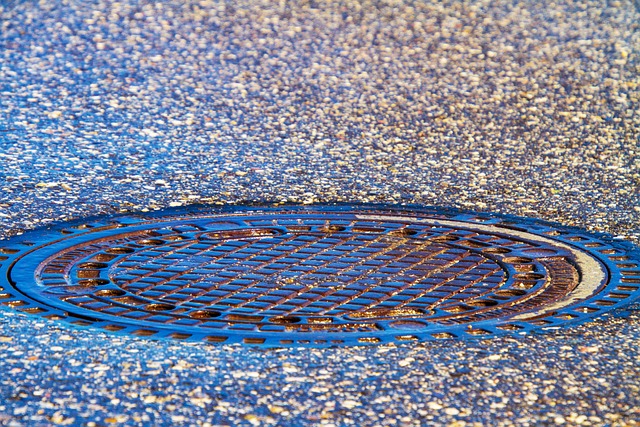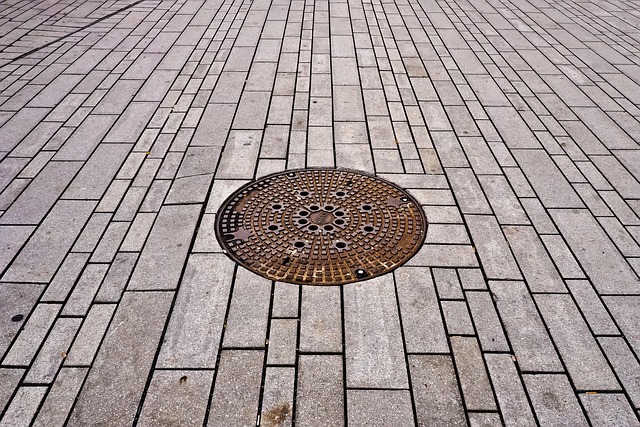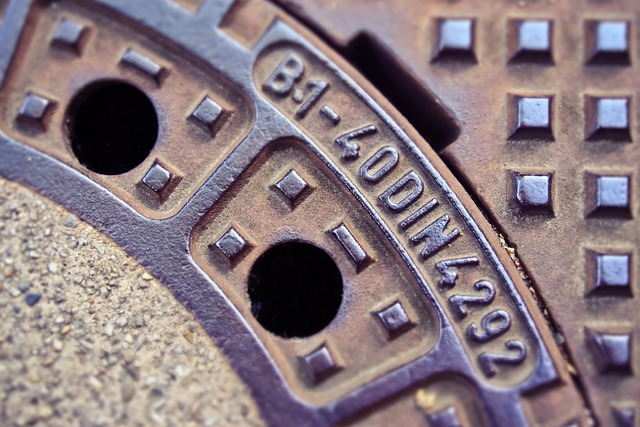Denver's diverse geography and climate pose unique challenges to its sewage system. Effective management requires a multifaceted approach including regular inspections, advanced repair techniques, long-term strategies, prevention of clogs through proactive measures, innovative cleaning techniques, adherence to schedules, eco-friendly solutions, community engagement for proper waste management, and collaboration with businesses. Focus on Denver sewage remediation ensures sustainability, reliability, and a cleaner environment.
“The smooth operation of Denver’s sewage system is a critical aspect of urban life, necessitating diligent maintenance practices. This article explores best strategies for efficient sewage system management in Denver, focusing on challenges, preventive care, and community involvement. We delve into the intricacies of regular inspections, addressing clogs, advanced cleaning methods, and public engagement as key components of effective Denver sewage remediation. Understanding these practices is essential for a healthy, sustainable urban environment.”
- Understanding Denver's Sewage System Challenges
- Regular Inspection and Maintenance Schedules
- Preventive Measures for Clogged Lines
- Efficient Cleaning and Repair Techniques
- Community Engagement in Remediation Efforts
Understanding Denver's Sewage System Challenges

Denver’s sewage system faces unique challenges due to its diverse geography and climate. The city’s varied terrain includes mountainous regions and flatlands, each presenting distinct maintenance requirements. For instance, areas with steep slopes require specialized techniques to prevent erosion and maintain the integrity of sewage lines. Moreover, extreme weather events, such as heavy snowfall in winter or intense storms, can lead to flooding, temporarily disrupting the system and posing challenges for efficient sewage remediation.
Effective management of these issues demands a multifaceted approach. Long-term sewage remediation solutions involve regular inspections, prompt maintenance, and advanced repair techniques, like those offered by ARC Restoration, experts in disaster recovery sewage cleanup Denver relies on. By adopting these strategies, Denver can ensure the sustainability and reliability of its sewage system, providing a cleaner and healthier environment for residents.
Regular Inspection and Maintenance Schedules

Regular inspection and maintenance schedules are vital components of a comprehensive Denver sewage remediation strategy. Homeowners and property managers in this vibrant city should consider scheduling professional assessments at least annually to ensure their sewage systems operate efficiently and effectively. These inspections involve thorough examinations of pipes, drains, and fixtures for signs of damage, corrosion, or blockages that could lead to costly breakdowns.
A reputable Denver sewage extraction company like Advanced Restoration Colorado recommends implementing preventive measures based on the findings. This may include cleaning and descaling pipelines, replacing worn-out components, or installing modern water damage restoration systems designed to mitigate potential issues before they escalate. Regular maintenance not only extends the lifespan of sewage infrastructure but also reduces the likelihood of emergency situations that can disrupt daily life and lead to significant Water Damage Restoration Denver residents and businesses must address promptly.
Preventive Measures for Clogged Lines

Preventing clogged lines is a key component of efficient Denver sewage remediation. Regular maintenance and proactive measures can significantly reduce the occurrence of blockages, minimizing disruptions and costly emergency denver city sewage situations. One effective strategy involves scheduling routine inspections to identify potential issues early on. Homeowners and property managers in Denver should also encourage residents to avoid flushing non-biodegradable materials down the drain, such as grease, food scraps, and sanitary products, which are common causes of clogs.
Additionally, installing traps and filters can help capture hair, lint, and other debris before they enter the sewage system. For denver residential sewage cleaning, it’s essential to stay current with local regulations regarding proper waste disposal methods. Employing professional Denver sewage remediation services for regular maintenance checks is another strategic move, as experts can provide tailored advice and solutions to keep the system running smoothly, preventing costly repairs and minimizing environmental impact.
Efficient Cleaning and Repair Techniques

Maintaining a robust and efficient sewage system is paramount for any city, and Denver is no exception when it comes to Denver sewage remediation. The key to effective sewage system maintenance lies in innovative cleaning and repair techniques. Modern technology offers advanced methods such as high-pressure jetting, which efficiently clears blockages and restores the flow of wastewater. This technique is particularly useful in tackling stubborn clogs caused by grease buildup or foreign objects.
Regular inspections are also crucial for early detection of potential issues. By adhering to a structured Denver septic tank pumping schedule, maintenance teams can prevent minor problems from escalating into costly repairs. Additionally, utilizing eco-friendly cleaning solutions ensures the safety of both workers and the local environment during sewage system maintenance Denver. These practices contribute to a healthier and more sustainable urban infrastructure.
Community Engagement in Remediation Efforts

In the pursuit of efficient and effective Denver sewage remediation, community engagement plays a pivotal role. Educating residents about proper waste management practices is the first step in preventing future clogs and overflows. Public awareness campaigns can highlight simple yet impactful changes, like avoiding flushing non-biodegradable items and properly disposing of hazardous materials, that significantly reduce the strain on Denver’s sewage system. When emergencies do occur, such as pipeline ruptures or heavy rainfall overwhelming the system, immediate communication with the community is crucial for minimizing disruption and damage.
Community involvement extends to supporting local initiatives for water damage restoration in Denver, particularly in industrial areas where sewage disposal is a complex issue. Collaborating with businesses to implement better waste management strategies and promoting sustainable practices can help ensure that denver industrial sewage disposal is handled responsibly and efficiently. This collective effort not only benefits the city’s infrastructure but also fosters a culture of environmental stewardship among residents, ultimately contributing to the long-term health and sustainability of Denver’s sewage remediation efforts.
Maintaining Denver’s sewage system is a multifaceted endeavor that requires a combination of proactive inspection, preventive measures, and community engagement. By adopting regular maintenance schedules, implementing efficient cleaning techniques, and promoting awareness about clogged lines, the city can ensure a robust and reliable sewage remediation system. These best practices not only address current challenges but also serve as a foundation for a sustainable and resilient future in Denver’s sewage management.
